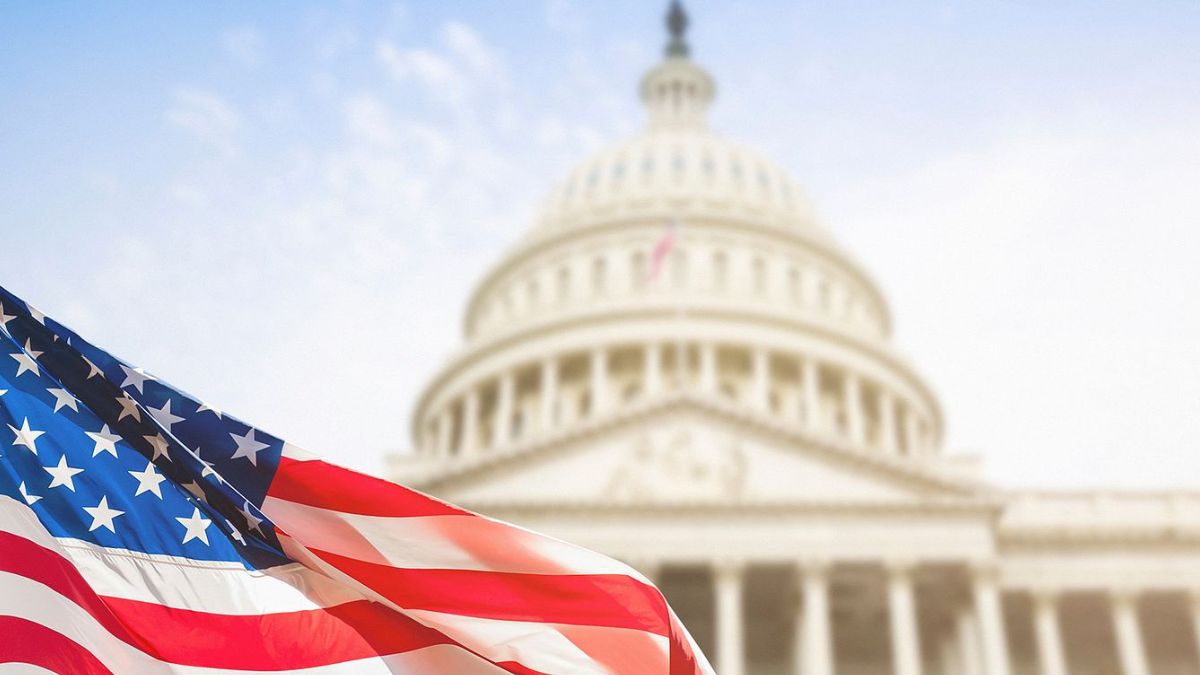Florida Governor Ron DeSantis signed a significant bill on Monday, imposing restrictions on children’s access to social media in the state, as reported by NBC News.
Under the newly signed bill, known as HB3, children under the age of 14 are prohibited from joining social media platforms. Those aged 14 or 15 must obtain parental consent before creating an account.
Social media companies are mandated to delete existing accounts belonging to individuals under 14. Failure to comply could result in legal action, with minors potentially eligible for damages of up to $10,000 per violation, while companies could face penalties of up to $50,000 per violation, as well as legal fees.
During the bill-signing ceremony, Governor DeSantis emphasised the aim of assisting parents in navigating the challenges of raising children in the digital age. He had previously vetoed a more stringent version of the bill, which proposed banning social media use for children under 16 and required identification for account creation.
The law, slated to take effect in January 2025, reflects a broader trend of increasing efforts to regulate social media nationwide, driven by concerns about child safety online. This includes legislative initiatives such as the Kids Online Safety Act (KOSA), which aims to hold online platforms accountable for content recommendations affecting minors’ mental health.
The enactment of HB3 comes amid ongoing discussions about online child safety, with recent congressional hearings probing tech executives from major platforms like TikTok, X, and Meta. Despite assurances from these companies regarding their commitment to safety measures, concerns persist regarding the potential risks posed by social media use among young users.
Supporters of the Florida law, including House Speaker Paul Renner, argue that excessive social media use can have detrimental effects on children’s mental health and expose them to potential dangers, such as online predators.
Legal challenges are expected to arise, particularly regarding First Amendment concerns and claims of constitutionality. NetChoice LLC, representing major social media platforms, has already expressed disappointment with the law, labelling it unconstitutional.
However, Governor DeSantis and other proponents maintain that the bill is in line with constitutional principles, emphasising its focus on addressing addictive features rather than regulating speech.
As the legislation takes effect, its implications and potential legal battles are likely to attract further attention, shaping the broader discourse on social media regulation and children’s online safety.



